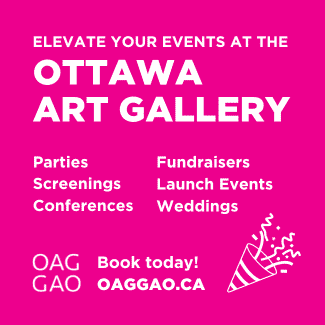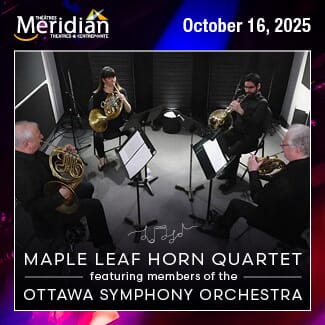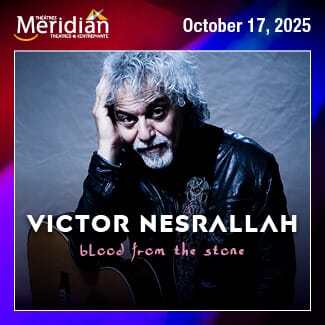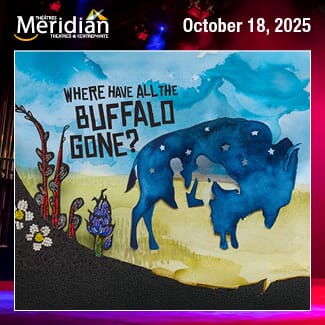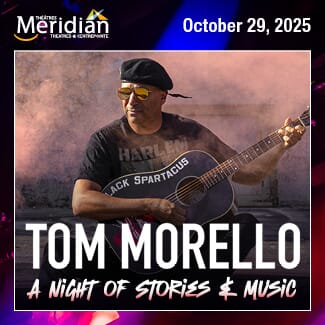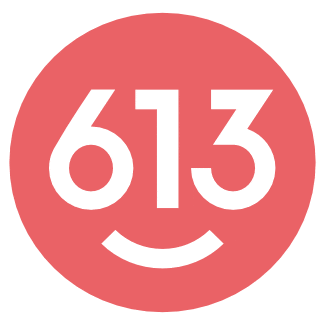In an effort to better understand blue space — the aquatic counterpart to green space — local writer Dan Rubinstein has travelled 1,200 miles (nearly 2,000km) by stand-up paddleboard.
Starting in Ottawa in the summer of 2023, Rubinstein paddled across Montreal, New York City, Toronto, and back, all over the span of 10 weeks. His journey led him to new discoveries, learning from the lived experiences of other communities and through his own healing journey on the water.
His recently-published book, Water Borne: A 1,200 Mile Paddleboarding Pilgrimage, documents his voyage and all the conversations he had with peoples whose lives and work revolve around water along the way.
The book is part adventure narrative, part cultural inquiry. It reveals the relationship between water and physical health, mental well-being, and community bonds, while being an antidote to modern disconnection.
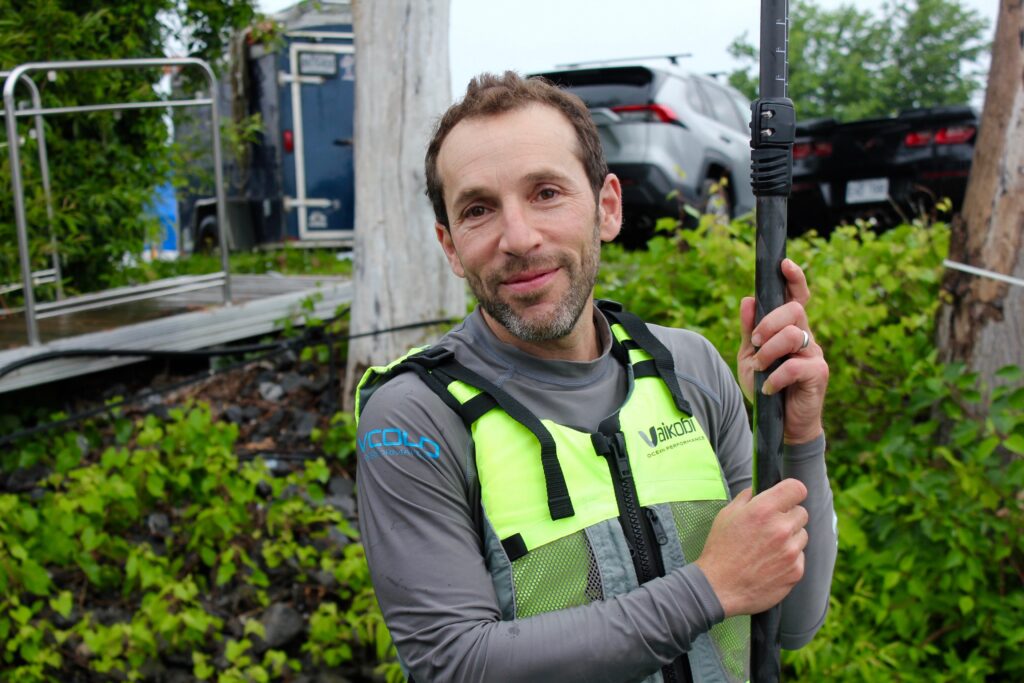
Dan Rubinstein. Photo provided.
I sat down with Rubinstein earlier this week over a video call to discuss his adventure and the book.
This interview has been edited for length and clarity.
Apt613: How did you decide to embark on this journey and to write about it?
Dan Rubinstein: I’ve been paddleboarding for about 10 years, and I love everything about it. I can’t sit and paddle for 10 or 12 hours, but I can stand and paddle for hours.
When I got into this stuff, I started to learn more about blue space and its impact on our mental health, on our physical health, and on ecological health. I wanted to explore blue space as an immersion journalist by doing a long paddleboard trip, and I’ve always been interested in exploring nature in our own backyards.
I live in Ottawa. Montreal is just downstream. So it all kind of fell together. Rather than just fly off to some distant place and explore blue space in bits and pieces, I saw a way to string things together along a trip like this in my part of the world.
How did you prepare for such a long journey?
There was a lot of logistics in terms of setting up meetings and interviews, figuring out where I could stay, where I could sleep, how I could restock on food.
I didn’t really physically train, although I’m very active and in decent shape. I just kind of amped that up in the six or so months leading up to my departure. I liken paddleboarding to walking in water in a sense, because it’s slow and sustainable — you can do it for much of the day, so physically, I was ready.
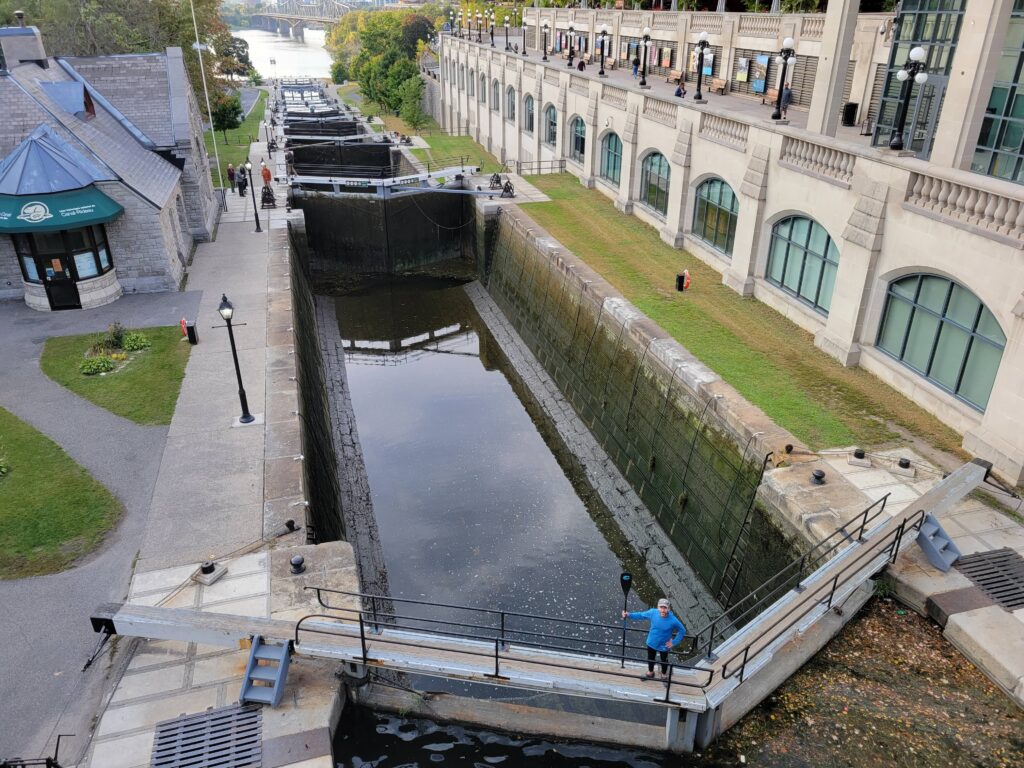
Dan Rubinstein at the Ottawa Locks. Photo provided.
What did you learn about the power of blue spaces, whether it was through your personal experience or through your conversations with others?
Research out of the University of Vienna says that if you’re rich, you’re happy and healthy no matter where you are. If you’re poor, it’s much more challenging to achieve well-being, but if you increase access to blue space, indicators about happiness and health go through the roof.
In my reporting, I saw examples of communities that understand this and are making concerted efforts to nurture access to blue space as a way to help bring about wellness in their community — that was really inspiring.
Not only does being in blue space improve our mental and physical health, but it encourages taking better care of the planet, especially among children. So there’s a strong link, not only to our health today, but to the planet’s health tomorrow.
But the thing that surprised me most was that blue space also has a capacity to connect people to one another. It’s kind of a social lubricant that encourages social interactions. Most of the time, if you’re paddling, swimming or sitting by the beach, picnicking or just hanging out by the water, we tend to slow down physically and emotionally. There’s also a latent danger around water, so I think we tend to watch out for one another around it.
Was there a moment throughout the trip where you thought to yourself “This is what it’s all about. This is what I set out to do”?
Journalistically, one of the first big stops I made was in Kahnawake. I’d arranged a few interviews, but the two that really stood out to me were Maris Jacobs, a paddling club coach who found connection to her ancestors and community through paddling, and Cole Deslisle, who works for the local environment department and was involved in a major community habitat restoration project. So even just a week into my trip, I saw these amazing stories speaking to the power of blue space and its connection to renewal, and rebirth.
On the personal side, every day was challenging, but there were these sublimely beautiful moments of shared harmony with the universe where you’re on the water, whether it’s sunrise or a sunset, or you see wildlife, or you’re just swimming. I remember one day I was just laying on these rocks and drying off, and it felt like I’d always been travelling by water.
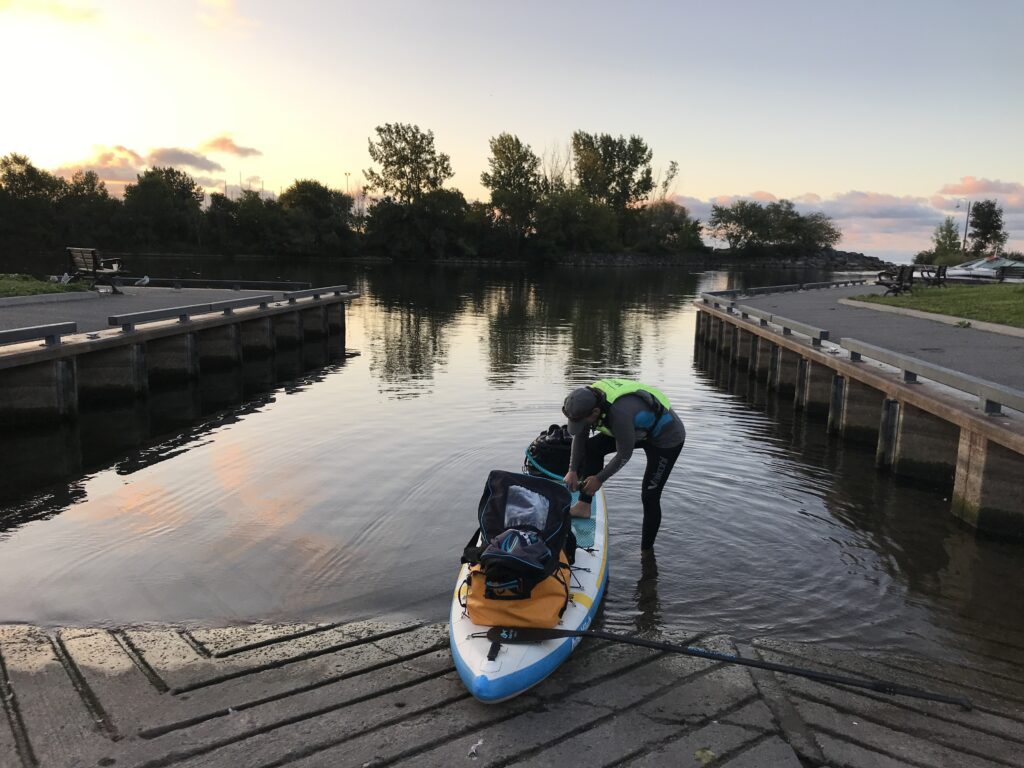
Dan Rubinstein with his paddleboard. Photo provided.
It must have been really hard to go back to regular life after such a long journey. How was that process for you?
I was still kind of swaying for a few days after each leg. And between getting to Toronto and then resuming the trip to do the last leg, Toronto to Ottawa, I didn’t really feel comfortable around people. I was always in my head, still kind of on the water and still in that space.
Then when I finished the trip, I had to jump into this major writing project. And although I’ve been a writer for more than 30 years, I find writing excruciatingly difficult. So not only was I done this profound and transformative personal journey, but I had to get down to work and sit at my computer and just write for months on end.
I still think back to the trip a lot, and even though in September, it’ll be two years since I completed it, I think it’s really a part of who I am now in terms of how I interact with strangers and the natural world.
Now that the book is out, what do you hope readers take away from it?
I hope it encourages people to seek out blue spaces, not necessarily around the world, but also blue spaces close to home, and encourages people to get involved in their community.
When you bring it down to a basic human level, people are just people. Doesn’t matter where they are or who they vote for. If we can have conversations to start with a common place, a shared place, then we can understand each other a little bit. So if the book encourages people to be more open minded and accepting, then that’s a step in the right direction.
The other thing is, I think working together to build and create things is an important quality that we might be lacking today. Nobody’s going to snap their finger and invent a technology that’s going to solve climate change, but if we’re able to collectively work together to adapt to and mitigate some of the impacts, I think we can push the pendulum in the other direction. And that’s hard work over a long period of time, but it’s doable — it just takes kind of that old fashioned rolling up your sleeves and doing the work together.
Water Borne: A 1,200 Mile Paddleboarding Pilgrimage was published on June 10, 2025. You can learn more about Water Borne here.


